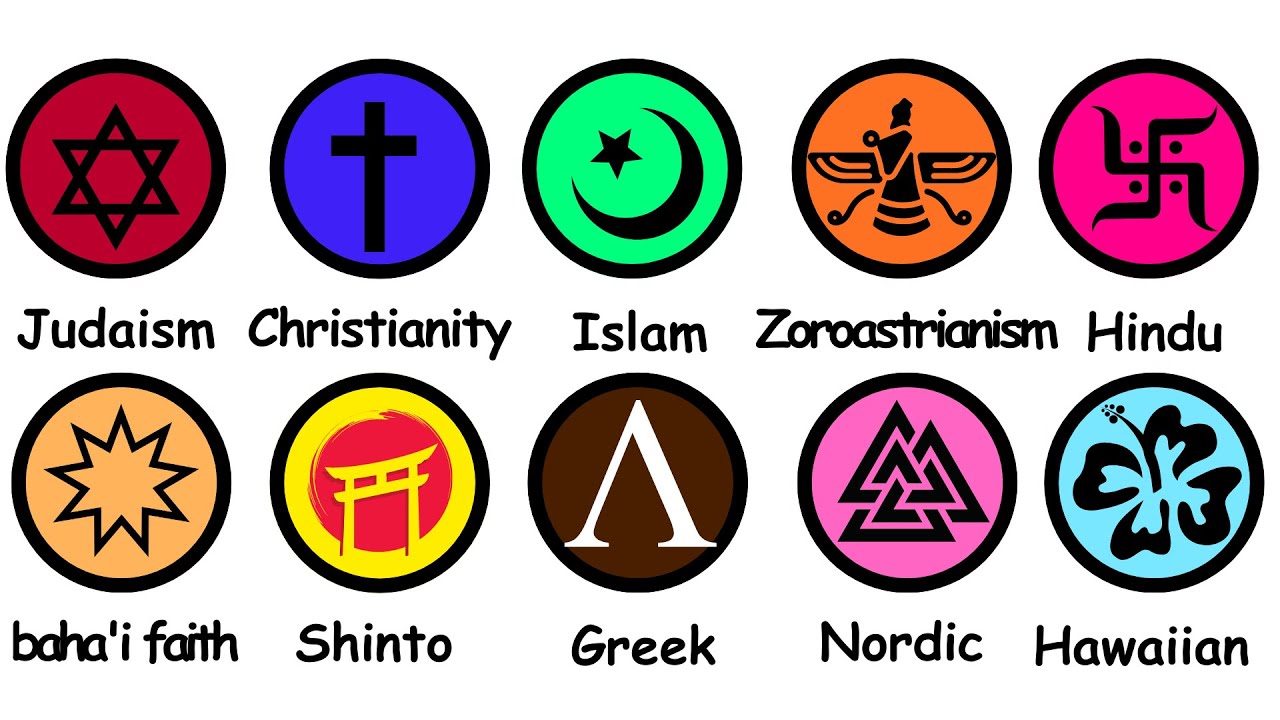Pengantar Islam dan Demokrasi l Dr.H.Muhammad Taufik l Falsafah Kehidupan
Summary
TLDRThis video explores the relationship between Islam and democracy, analyzing their similarities and differences. It highlights Islamic principles such as justice, equality, and consultation, which align with democratic values of participation and fairness. While both systems emphasize the importance of public involvement and the rule of law, they differ in their approach to leadership and pluralism. The video also addresses the challenges of democracy, including the potential for inequality and the influence of wealth in political decisions. Ultimately, it suggests that Islamic governance shares key democratic principles but differs in some aspects, offering a unique perspective on governance.
Takeaways
- 😀 Islam supports human rights and brings goodness to society, especially in communal and national life.
- 😀 Democracy is considered a modern political system, with some critical perspectives, but it is also seen as a viable governance option in the current world.
- 😀 Islam promotes the principle of consultation (Shura), a key democratic value for decision-making and resolving societal issues.
- 😀 Islam and democracy both emphasize justice, with concepts like Allah’s justice in Islam aligning with democratic fairness principles.
- 😀 Both Islam and democracy advocate for equality, where all individuals are equal before the law, without any special treatment based on social status or wealth.
- 😀 Islam allows freedom of expression, similar to democracy, where individuals can voice their opinions and correct others based on the substance of their words, not their status.
- 😀 In a democracy, decisions are often made based on majority rule, which can sometimes prioritize quantity over quality, potentially leading to unqualified leadership.
- 😀 Democracy can be flawed when leaders are chosen based on popularity or wealth, rather than competence or moral integrity.
- 😀 The concept of government by the people, for the people, is central to democracy, with citizens’ voices being heard through elected representatives.
- 😀 Despite the differences, Islam is seen as inherently democratic, as it advocates for values such as justice, equality, and consultation, which align with democratic principles.
Q & A
What is the main theme of the video script?
-The main theme of the video script is the relationship between Islam and democracy, exploring both the shared values and the significant differences between these two systems of governance.
How does the speaker describe Islam's role in promoting human rights and social justice?
-Islam is described as promoting human rights and social justice by emphasizing values like justice, consultation, equality, and protection of individual freedoms, which align with democratic principles.
What are the core Islamic principles that align with democratic values?
-The core Islamic principles that align with democratic values include justice (*al-Adl*), consultation (*musyawarah*), equality before the law (*al-Musawah*), and freedom of expression.
How does the concept of 'musyawarah' in Islam compare to democratic practices?
-The concept of 'musyawarah' (consultation) in Islam is similar to democratic practices of deliberation and decision-making. Both systems emphasize collective decision-making and the involvement of the people in important matters.
What does the script say about the principle of equality in Islam?
-In Islam, the principle of equality is central, as it teaches that all people are equal in the eyes of God, and there are no special classes or privileges. This aligns with the democratic ideal of equality before the law.
How does the script view democracy's approach to freedom of expression?
-The script highlights that both Islam and democracy support the freedom of expression. In Islam, there is encouragement to express ideas and critique, exemplified by the saying, 'Do not look at who says something, but look at what is said.'
What criticisms does the script raise about democracy?
-The script criticizes democracy for sometimes prioritizing quantity over quality, leading to the election of leaders who may lack competence. It also highlights the issue of political manipulation, where wealthy individuals or parties can sway public opinion and votes.
What is the relationship between sovereignty in Islam and democracy?
-In Islam, sovereignty belongs to Allah, and political authority is exercised according to divine law (Sharia). In contrast, democracy places sovereignty in the hands of the people, who elect their leaders.
How does democracy sometimes fail to ensure competent leadership, according to the script?
-Democracy sometimes fails to ensure competent leadership because it can prioritize popular votes over actual qualifications, allowing leaders to gain power through wealth, influence, or majority support rather than merit.
What does the speaker suggest about the potential for political instability in democratic systems?
-The speaker suggests that political instability in democratic systems can arise when individuals are allowed to express opinions freely, leading to divisions and conflicts. This can disrupt governance and create challenges in maintaining a stable government.
Outlines

此内容仅限付费用户访问。 请升级后访问。
立即升级Mindmap

此内容仅限付费用户访问。 请升级后访问。
立即升级Keywords

此内容仅限付费用户访问。 请升级后访问。
立即升级Highlights

此内容仅限付费用户访问。 请升级后访问。
立即升级Transcripts

此内容仅限付费用户访问。 请升级后访问。
立即升级浏览更多相关视频

Demokrasi dan Islam | Dr. Akif Khilmiyah, M.Ag.

Stoicism and Islam: Revealing the Untold Truths!

Adam's Fault, Our Punishment, Why? | Shocking Differences in Stories of Bible & Quran

ANOVA vs Regression

Every " ORIGIN ADAM AND EVE " Explained in 13 minutes

|English Bayan| Islam aur iman ka Faraq |by Muhammad Makki| اسلام اور ایمان کا فرق
5.0 / 5 (0 votes)
